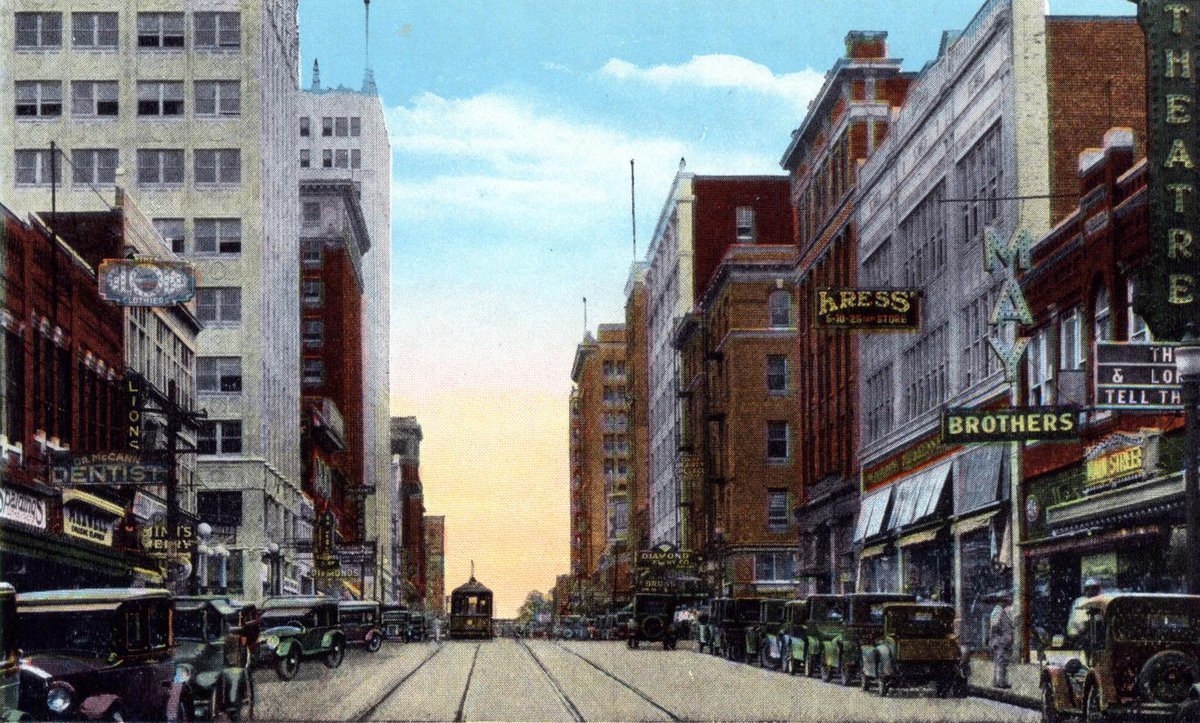
Never-before-seen security footage from the U.S. Capitol shows officer Eugene Goodman leading Sen. Mitt Romney away from the violent mob.
A closer shot of Officer Eugene Goodman directing Sen. Mitt Romney to safety on Jan. 6:
An insurrectionist carrying a Trump flag is one of the first to burst through the downstairs doors of the Capitol.
Members of Congress file out of the Senate chamber, just feet away from where Capitol police hold an insurrectionist at gunpoint.
Capitol security footage shows just how close insurrectionists got to Sen. Chuck Schumer as he walks down a hallway.
Schumer is then rushed back behind a door that officers quickly closed.
Schumer is then rushed back behind a door that officers quickly closed.
GRAPHIC: Body camera footage from an officer violently attacked by insurrectionists.
• • •
Missing some Tweet in this thread? You can try to
force a refresh








